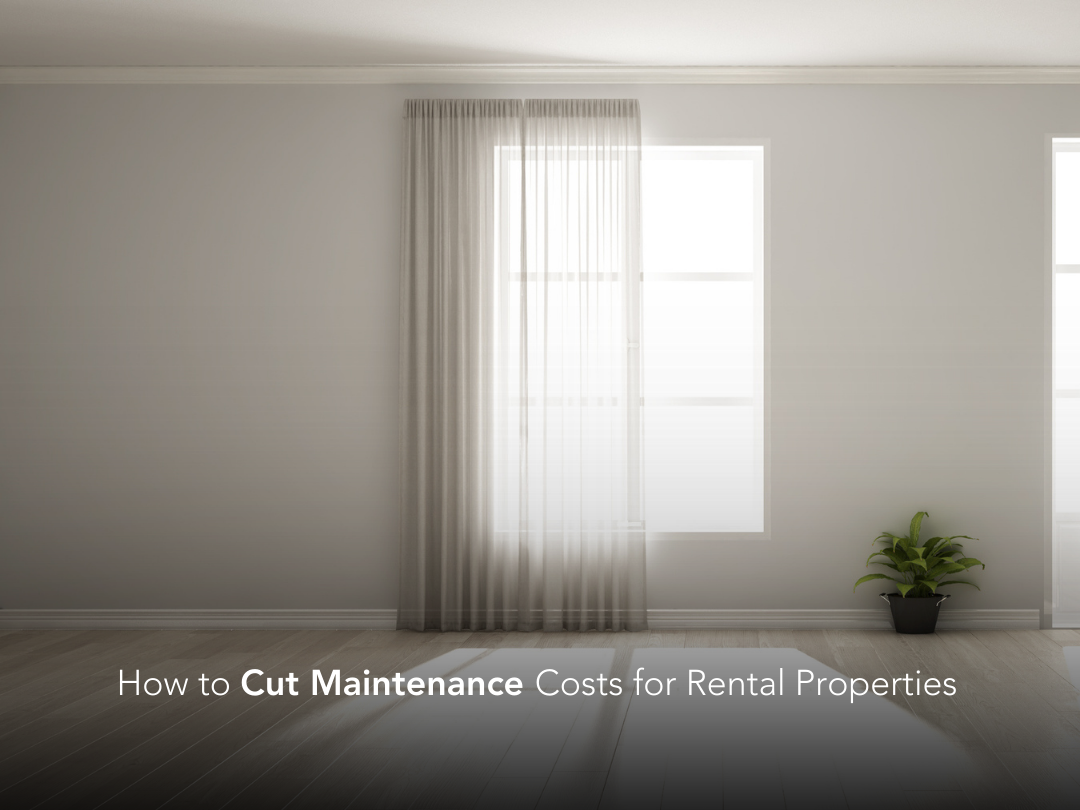The widespread economic shifts from the coronavirus pandemic led to more people working from home than ever before. Facing this reality, landlords and property managers must increasingly ask themselves: what does this mean for me?
Are there any risks or legal factors to consider from tenants who work out of your property? And how should you go about addressing the situation?
Remote working tenants are one more important factor to consider if you manage a property. Here's what you should know.
What kind of work is allowed from a rental property?
First, it is important to establish when and where working out of a rental property is acceptable and where it’s not. Clearly, not all work is the same. Illegal business, for instance, has always been unacceptable for tenants to conduct in rental properties. But what about customer service, for example?
That entirely depends on your lease agreement. If you have included some kind of stipulation that prevents an employee from any kind of business operation within the property — including a simple telephone service — then you may have a different situation on your hands.
However, there's a big difference between an employee or conducting work for a business from your rental property and an entrepreneur who is attempting to make your rental property their business headquarters.
For example, if you have a tenant who wants to start a massage service and direct customers to the rental unit, liability and zoning issues will likely have to be addressed. As a landlord, you should understand zoning regulations in your area well enough to understand what business types from a residential property might be a problem.
Then, you will need to protect yourself against any potential liability issues. The best way to do this is to simply restrict any kind of commercial practice that poses legitimate concerns.
This does not include simple desk jobs, such as data entry or tech support that can happen from a tenant's phone. As a landlord, it is both not your right nor your responsibility to monitor the way your tenants use their utilities. As long as they are within their lease agreement, everything should be fine.
So if you're worried about a web developer or a customer support professional working from your property, you probably shouldn’t be. There is next to no liability or risk factors that could arise from an employee of such a business conducting work from your unit.
As long as tenants who work virtually are not declaring the rental property as an asset or listing it publicly as a business, remote work should not be a problem. However, if you have a tenant in a residential property who intends to turn it into a woodworking shop, you will need to intervene.
How to Protect Your Property
In the era of remote work, landlords and property managers must consider additional protections for their properties. While it is unlikely that a remote-working tenant will attempt to establish a real business presence within your property itself, you cannot ignore the possibility.
But you don't have to be a vigilant or intrusive presence either. Simply by taking some precautions from the initial lease agreement, you can give your property a buffer against irresponsible tenant behavior.
These are some of the steps that you can take now to protect your property from harm that could be caused by a working tenant:
1. Work with an attorney to draft a lease agreement that includes clauses on liability, insurance, and risk.
2. Get employer info at lease signing.
3. Require tenants wanting to operate a business out of the property to get their own business insurance.
4. Require a questionnaire and inspection for intended business use of the property.
5. Reiterate for tenants at lease signings what work behavior is and isn’t appropriate on the property.
Taking these simple precautions can help you avoid all kinds of potential damages that could occur from an irresponsible tenant. For the most part, however, you may only need to worry about noise complaints if you manage multifamily units full of residents trying to live and work in close quarters.
Mixed-Use Spaces of the Future
It is a burgeoning trend that even strictly residential property managers now have to address commercial issues from time to time. With COVID-19 came a sudden shift to more workers operating from their rental units. This means more wear and tear and maintenance.
Address the needs of modern tenants by working to accommodate their business ventures — as long as it doesn’t put your property at risk. Clear stipulations in the lease should clarify what constitutes a risk.
With the future of rentals meaning the mixed-use of space, property managers and landlords must prepare now. Start by reviewing your lease with legal counsel to ensure protective language.
For more information on real estate investment and property management, contact 208.properties or find us on social media.














